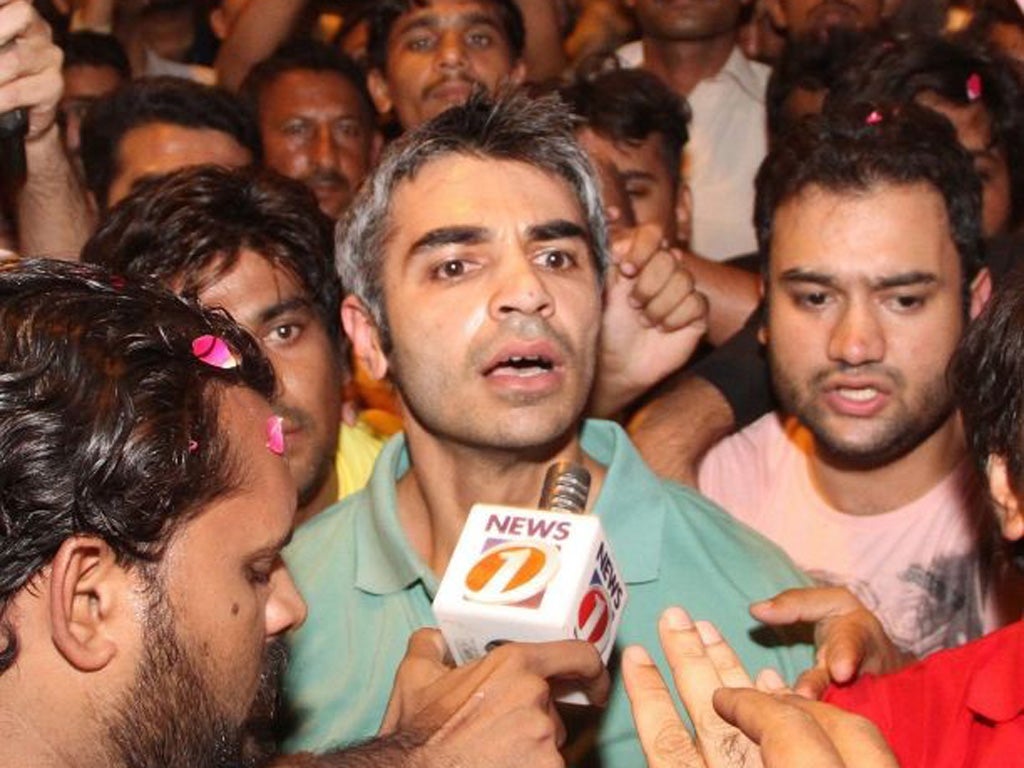Stephen Brenkley: Don't bet that match-fixing has gone away
Comment

It would be wonderful to suppose that this is the end of the affair.
Do not, however, bet on it. Match-fixing in cricket, if not endemic, has never gone away and the sentencing yesterday of the Pakistan player, Danish Kaneria, demonstrated that it still goes to the very top.
Kaneria has been banished from the game after a disciplinary panel of the England and Wales Cricket Board found him guilty of inducing a team-mate, Mervyn Westfield, to perform deliberately badly and bringing the game into disrepute. Westfield, who has also been banned, has already spent two months in prison for accepting what was in effect a bribe after being approached by a man now established to be Kaneria.
Rumours had abounded about Kaneria for years. In 2008, he was warned by the International Cricket Council about his association with an Indian businessman, Anu Bhatt, who was allegedly heavily involved with illegal betting on the game.
The panel's report of Kaneria's evidence was damning, saying part of it was "plainly lies" and another part "nonsensical".
Kaneria will be no loss to the game, though anybody who watched him make his Test debut as a 19-year-old against England in Faisalabad in 2000, when he formed a different piece of entrapment by having Marcus Trescothick stumped, will be saddened by what became of him.
His felony is compounded by the fact that the ICC suspected what was afoot and issued their advice. Both the ICC and now the ECB have in place a network of security policies designed to stop match-rigging in its tracks.
But on every occasion so far that a sigh of relief has been breathed, another scandal has emerged. International cricket might be harder, though not impossible, to infiltrate as player rewards have increased, but domestic cricket remains vulnerable. The recent sale of overseas rights of the English game, including county matches, was a good deal for the ECB but raised the spectre of renewed malfeasance.
Illegal bookmakers can already be seen licking their lips. The quest to make a fast buck and the ease with which it can be done are ever present.
Security experts are now as important to this game as bowling coaches.
Join our commenting forum
Join thought-provoking conversations, follow other Independent readers and see their replies
Comments